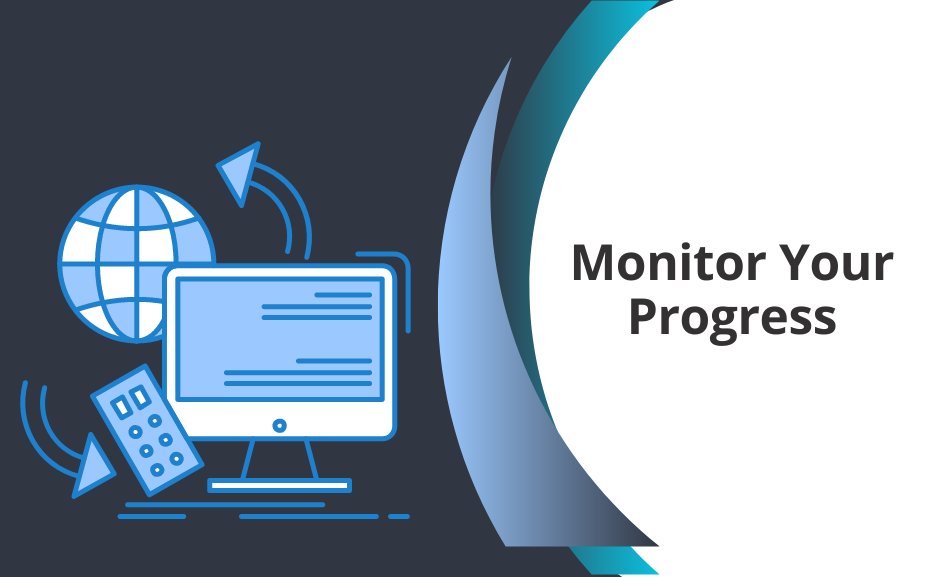Analyzing social media can give you essential information about how customers engage with your brand online. Use this information to identify the most effective marketing strategies for boosting engagement. Brands can make better-informed decisions regarding where to invest their resources by measuring key metrics such as post performance, reach, audience demographics, and more in real time. It is possible to understand customer behavior deeply to create an effective marketing strategy by collecting and tracking user engagement metrics such as views, shares, or comments on content. This article will discuss Tips for Utilizing Social Media Analytics in Marketing.
What is Social Media Analytics in Marketing?
Social media analytics is the process of the collection and examination of data from various social media platforms. This information is then used by businesses to make better decisions and evaluate the effects of those decisions on social media. This data can then inform marketing decisions and improve campaigns over time. It also helps marketers measure the effectiveness of their current campaigns and identifies potential opportunities or areas for improvement.
In addition to measuring key metrics such as engagement and reach, social media analytics can monitor brand sentiment and detect any potential issues arising from customer interactions. This helps brands stay on top of customer feedback and ensure their campaigns target the right people.
Benefits of Social Media Analytics
Social media analytics benefits brands, giving them essential information about their customers’ behavior and engagement. This enables them to make decisions based on data and improve their campaigns. To gauge the success of their content, marketers can keep track of live metrics like reach, views, shares, comments, and likes. This information can then create more effective campaigns and reach larger audiences.
Social media analytics can help marketers identify trends in customer behavior, measure brand sentiment and detect any potential issues arising from customer interactions. This helps them stay on top of customer feedback and ensure their campaigns engage the right people.
Tips for Social Media Analytics
Target Your Audience
Knowing who your readers are and what catches their attention is instrumental to successful communication. It’s essential to find out their needs, wants, and interests so you can develop relevant and impactful content that helps solve their problems or leads them on an educational journey. Researching your readers’ demographics, followed by analyzing data from social media posts, surveys, and polls, can be invaluable for crafting tailored messages that will gain traction and captivate the interest of your target audience.
Analyze Users Engage
Analyzing how they engage with your social media content helps monitor your followers’ interests. This can be done by tracking metrics, including likes, comments, and shares. Knowing which content resonates most with your followers can help you refine the types of posts you create, like more photos or share more personal experiences. Staying relevant in the constantly changing world of social media requires effort and time to stay connected and informed about how users engage with your content. Understanding user engagement is crucial for this.
Monitor Your Progress

Success in any venture requires constant vigilance and adaptation. To know if your strategies are paying off, it’s essential to monitor your progress and adjust them accordingly continuously. This serves a dual purpose; you’ll be able to quickly make changes when things aren’t going as planned or capitalize on successes that may require additional focus and energy to continue producing results.
Evaluating things’ progress will also give you insight into how long-term goals can be achieved with approaches other than the one you initially thought of. No matter what situation you find yourself in, accurately monitoring and evaluating your progress is critical for reaching any goal.
Use Data to Create Content
Gathering and analyzing relevant data is essential to effective content creation. You will be better equipped to create content that resonates with them by thoroughly understanding the interests of your target audience. Data collection is also crucial in understanding what topics generate the most consumer engagement. A firm grasp of analytics such as demographic information, topics of interest, and devices used for viewing content will help inform decisions about the kind of content you produce and where to distribute it. Combining data-driven decisions with creative insight can help ensure your content reflects your audience’s current needs and values.
Make Inform Decisions About Investing
Making informed decisions about where to invest in advertising platforms can be challenging. Utilizing data is an essential tool in making the best decisions for investment. Collecting and examining metrics such as CTR, engagement rate, cost per conversion, and other analytics provides valuable insights into which platform will be most effective. It’s essential to take a holistic view of the data, rather than basing it on one metric, to make the right decision to bring the greatest return on investment. Remembering those returns will only come some at a time is essential, so data analysis should consider long-term trends and sudden spikes or dips when considering platforms.
Use Analytics
Analytics are necessary when tracking your competitors’ campaigns and bettering your own. You can analyze the success of your competitor’s strategies, identify where their campaigns are performing well and which parts are lacking, discover what messaging resonates with their target audience, and adjust your approach accordingly. By gathering this vital information through accurate analytics, you can pivot your strategy to gain an edge in the marketplace while avoiding costly missteps or countless hours wasted on trial-and-error methods. Analytics help you evaluate trends in customer behavior and identify opportunities that can make a difference in driving results and pushing your company forward.
Conclusion
A successful social media strategy is essential to comprehend your target audience and develop content that connects with them. Utilizing data to analyze user engagement is critical in determining which platforms to focus on for advertising investments. Monitoring progress, adjusting plans accordingly, and using analytics to inform decisions are all integral steps in making the most out of your campaigns. To achieve success on social media, it is essential to incorporate data into your strategy. Keep in mind that there is no universal formula for success. Businesses can create holistic social media campaign plans that reach their desired target audiences and make an impact within their industries with a combination of research and analysis.

